
Why the Past 10 Years of American Life Have Been Uniquely Stupid
It’s not just a phase.
Recommendation
In Genesis, Noah’s descendants built a high tower to glorify themselves. Insulted, God sowed confusion, instituting different languages so people couldn’t understand one another. The biblical Tower of Babel proves an apt metaphor for America today. The dominance of social media has politically and culturally fragmented the United States. Facebook and Twitter, for example, pit people against each other, undermine faith in institutions and threaten democracy. The situation is dire, says Jonathan Haidt – in this instantly classic article in The Atlantic – but not hopeless. Democratic institutions can evolve and strengthen, Haidt believes, and policy changes can make social media platforms less toxic.
Summary
About the Author
American social psychologist and professor of ethical leadership at New York University’s Stern School of Business, Jonathan Haidt also wrote The Righteous Mind.









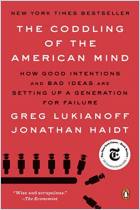
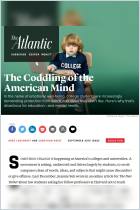
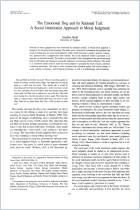
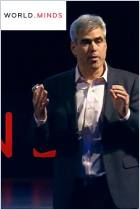
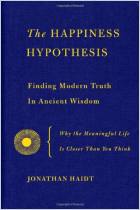
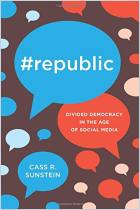

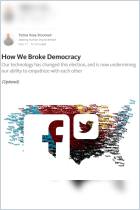

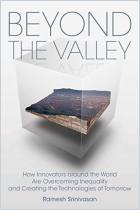
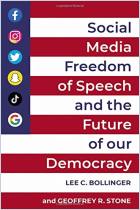


Comment on this summary or 开始讨论